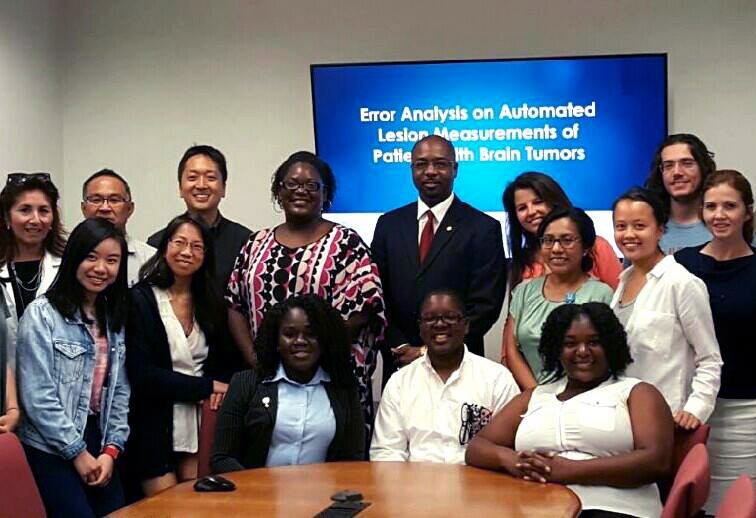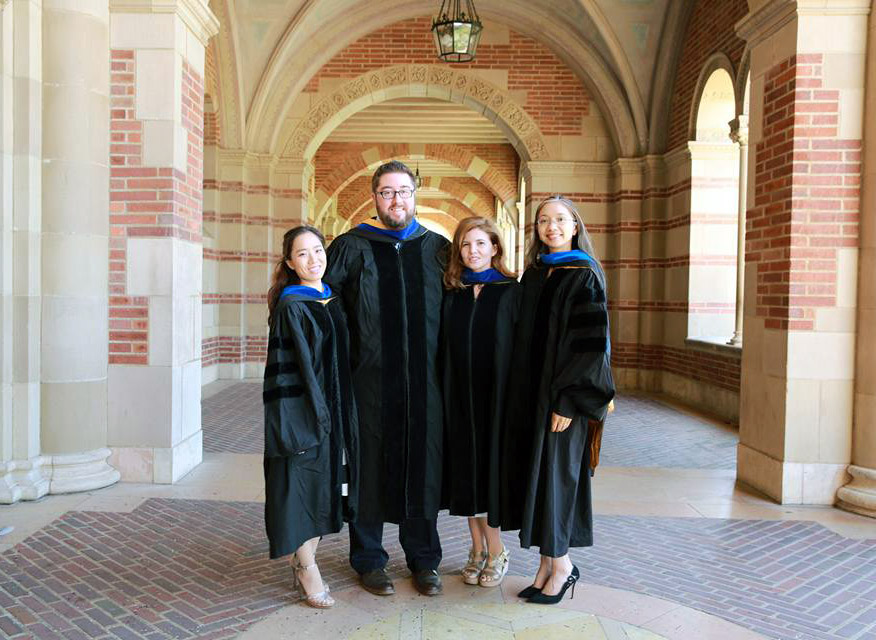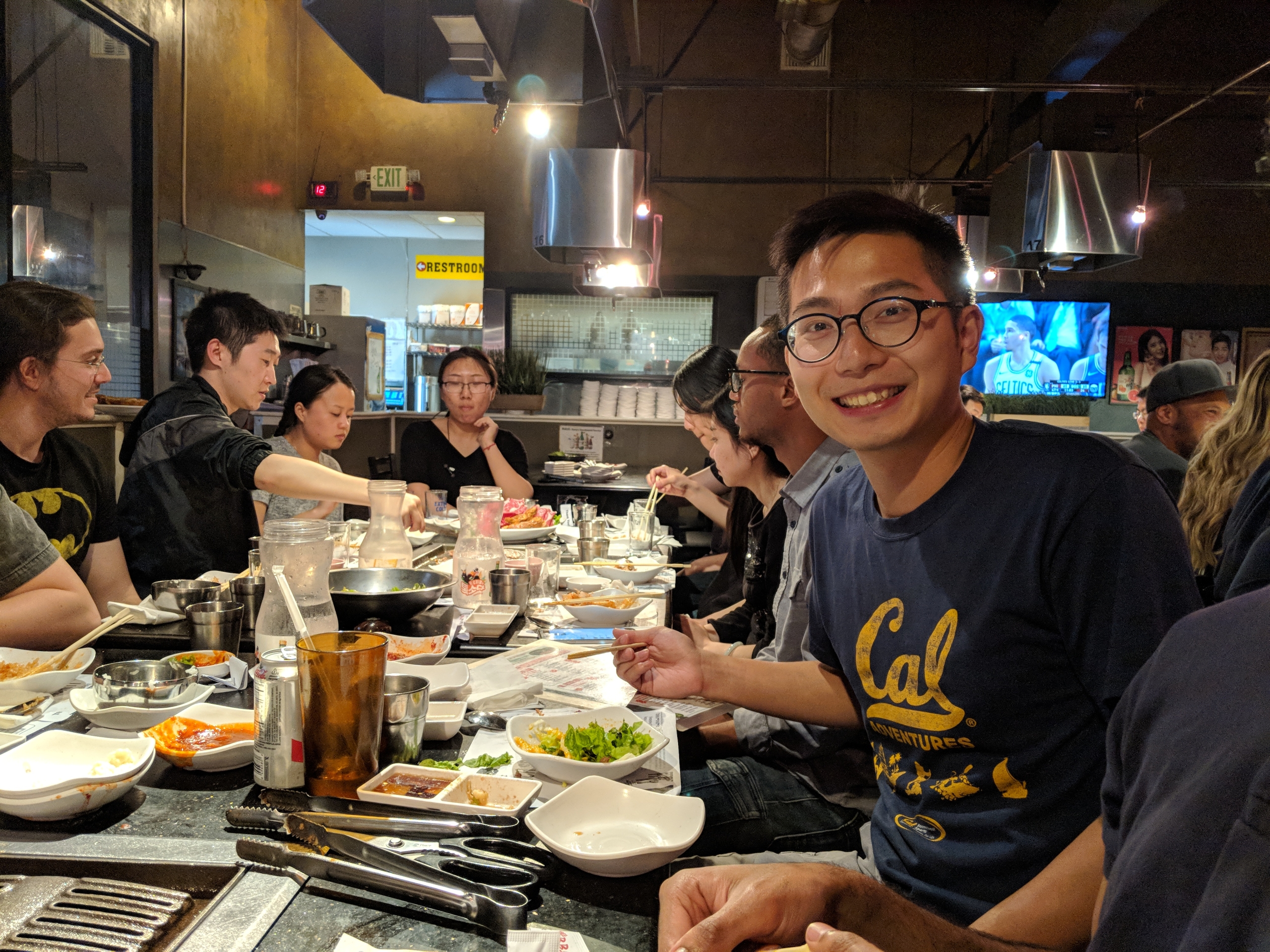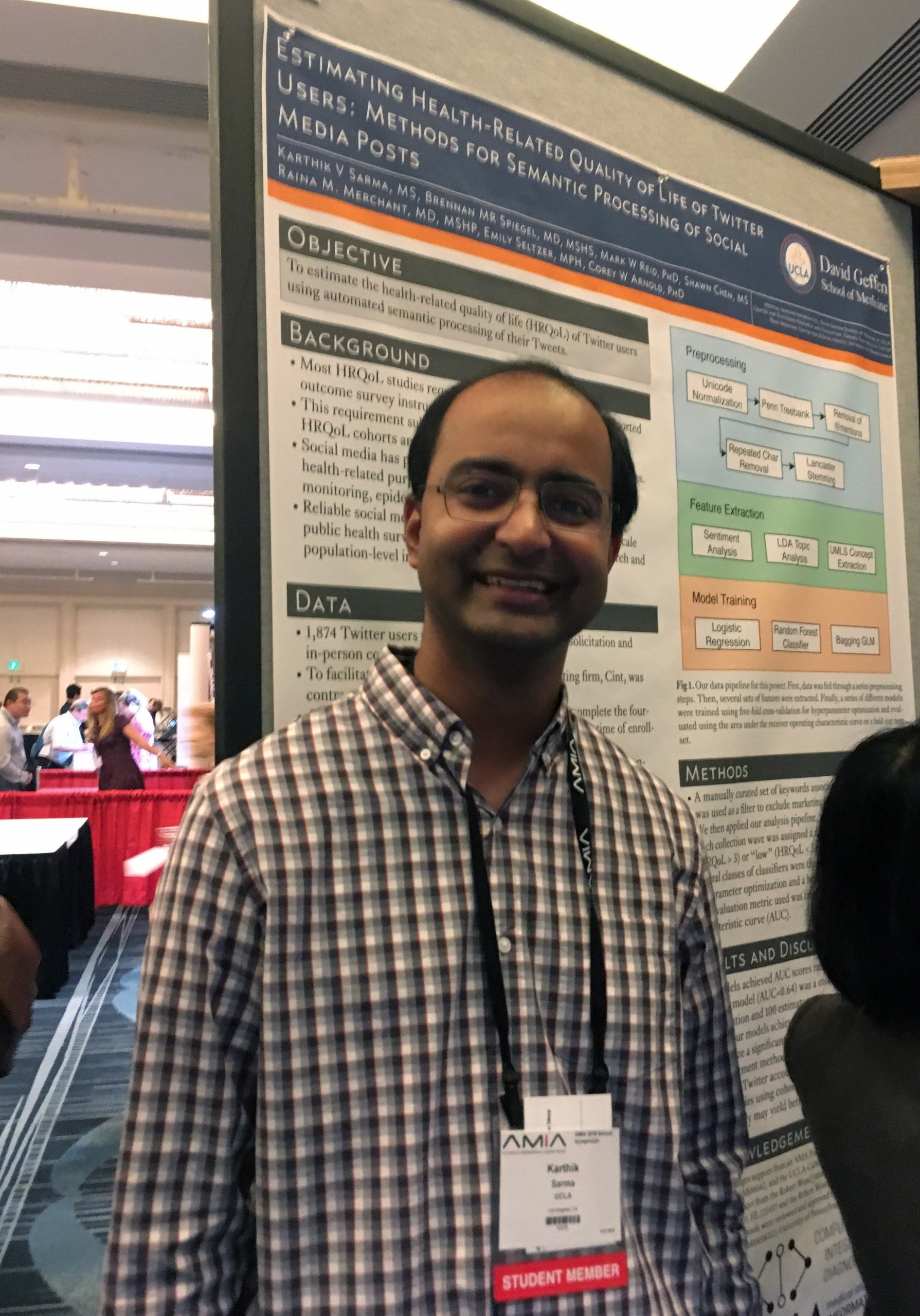APPLYING TO MII
UNDERGRADUATE INTERNSHIPS WITH MII RISE
We provide a summer program, Research in Informatics Summer Experience (RISE), for motivated, talented undergraduate students who want to participate in research – especially if they’re interested in pursuing a graduate degree! Summer projects involve working with senior graduate students and/or postdocs over 8 weeks with mentorship directly from MII faculty. The projects are designed to provide insight into the field of biomedical informatics and data science and to develop computational and communication skills. Students gain important, practical experience working on challenges related to clinical big data in an academic research environment, gain an appreciation for deploying new technologies into practice, and learn more about the discipline and careers in biomedical informatics; and data science. RISE encourages underrepresented minorities and disadvantaged students, with the goal of increasing diversity among graduate students who enroll in biomedical science, engineering, and informatics programs.
Applicants must be in good academic standing with a minimum GPA of 3.0. Preference is given to undergraduate students entering their junior or senior year. Individuals interested in RISE can contact William Hsu, PhD and should apply by April 15; late applications will not be considered.
We also encourage students to check out the Bruins in Genomics (BIG) Summer Program, and you can find more information on that here.

UNDERGRADUATE INTERNSHIPS WITH MII RISE
MII faculty presently accept graduate students through two UCLA programs:
- Medical Informatics Home Area. The Medical Informatics Home Area is the first new area since UCLA launched the Graduate Program in Biosciences in 2013. Recognizing the growing need for a nexus of training in biomedical informatics and data science, this new program formally launched in 2019 and builds atop existing programs. With over 45 faculty representing seven different departments and four UCLA Schools (Medicine; Engineering; Public Health; College of Letters & Science), graduate students are able to work with leading experts in a number of areas. Following the GPB model, individuals accepted into this program take coursework and rotate in the first year , developing skills and gaining experience in the discipline while identifying an area of research interest.
- Bioengineering. Seeing the early need to marry engineering/computational approaches with medicine, MII first launched its training efforts through UCLA’s School of Engineering & Applied Sciences in 2002. Since that time, we have been a part of the campus’ efforts in bridging biomedical sciences and engineering. MII faculty oversee the Medical Imaging Informatics track within Bioengineering, which provides a computational and biomedical data science-oriented foundation for research in areas related to MII.
The two programs share similar didactic core curricula during the first year, although the Medical Informatics Home Area entails formal rotations and lets students choose between an imaging informatics or bioinformatics class during the Winter (Bioengineering students are required to take BE 224A). The written qualifying exam (WQE) and oral exam for PhD candidacy advancement also differ between the programs, as do the rosters of qualifying faculty. If you have questions about the differences, please email us and we will provide guidance as to which program is best suited to your interests and educational objectives.
We also co-mentor graduate students through UCLA’s Computer Science (CS) and Electrical and Computer Engineering (ECE) departments, as they work on MII-related projects.
POSTDOCTORAL TRAINING
Clinicians wanting to pursue a degree through the UCLA STAR program or as part of a clinical informatics fellowship should see the above MS/PhD training section for information or consult with us for appropriate guidance.
Postdocs last 1-2 years and provide an opportunity to participate in cutting-edge computational research and projects in biomedical informatics and data science. Individuals are also encouraged to participate in mentoring graduate students and helping to teach classes in our core curriculum. For students who have completed a PhD and are considering additional postdoctoral training, we advise you to identify an MII faculty member in the research area that you are interested.



